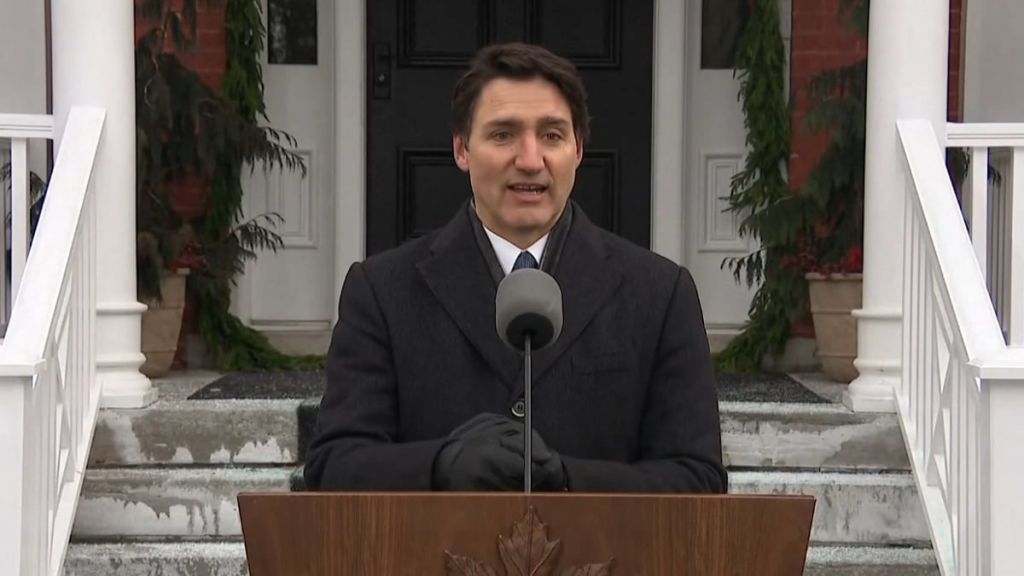
The future of international students, especially Indian students, who have been under the liberal immigration laws of Canada, has become uncertain with the resignation of the Prime Minister, Justin Trudeau. According to the Immigration, Refugees, and Citizenship Canada reports, 1.3 million Indian students obtained educational permits in the period from 2015 to 2023 under the Trudeau regime. As of 2023, international students totaled 278,250, with 40.7%. Of late, with the new policies introduced, the process of studying at Canada has been made more difficult due to increased study permit requirements and caps on international student enrollment, which, in 2024, accounted for a 4% decline in the number of Indian students carrying study visas.
On March 9, Canada's Liberal Party will announce the next prime minister's name. Indian students and experts share their concerns and the implications of the leadership transition.
An Indian student pursuing a Master's in Finance at York University on condition of anonymity says, "I am worried about the future changes after the resignation of Trudeau." He added, "The new rules and regulations for getting a study visa have already created uncertainty for students like me. Canada has been a dream destination even after so many changes and now with the leadership changes. I am not sure whether the same opportunities will be available for us."
However, Saif Iqbal, Vice President, ApplyBoard states, "In Canada, as in many democratic nations, leadership change is a normal part of the political process. Operations of government agencies, including IRCC, continue as normal. Indian students can rest assured that the processing of their applications remains unaffected, and Canada is a welcoming destination for international students."
University Living Founder & CEO, Saurabh Arora, says this transition also offers opportunities. "Justin Trudeau’s resignation marks a significant shift in Canadian politics, one that could have far-reaching impacts on international students and bilateral trade between India and Canada," he said. " With over 4.26 lakh Indian students currently in Canada, the country has long been a top destination for higher education. However, immigration policies such as reductions in the number of international students permits recently have caused uncertainty and more worries among Indian students.
Arora is hopeful for the future and said, "For Indian students, the change in leadership could eventually lead to more progressive policies that facilitate smoother visa processes and better post-study opportunities. While there may be some short-term uncertainties, I am optimistic that this change will bring new opportunities for international students."